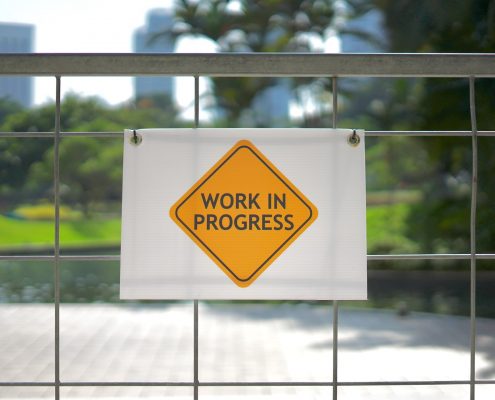Posts

Take Action Now! Clarify Your Goals for 2022
Clarity of YOUR goals helps ward off procrastination providing…

Goals Set your Direction & Systems Help you Make Progress
Your days are jam-packed; however, you often feel by days end…

How to achieve personal and professional goals by the end of 2020?
Time to refocus on personal and professional goals you want to…

